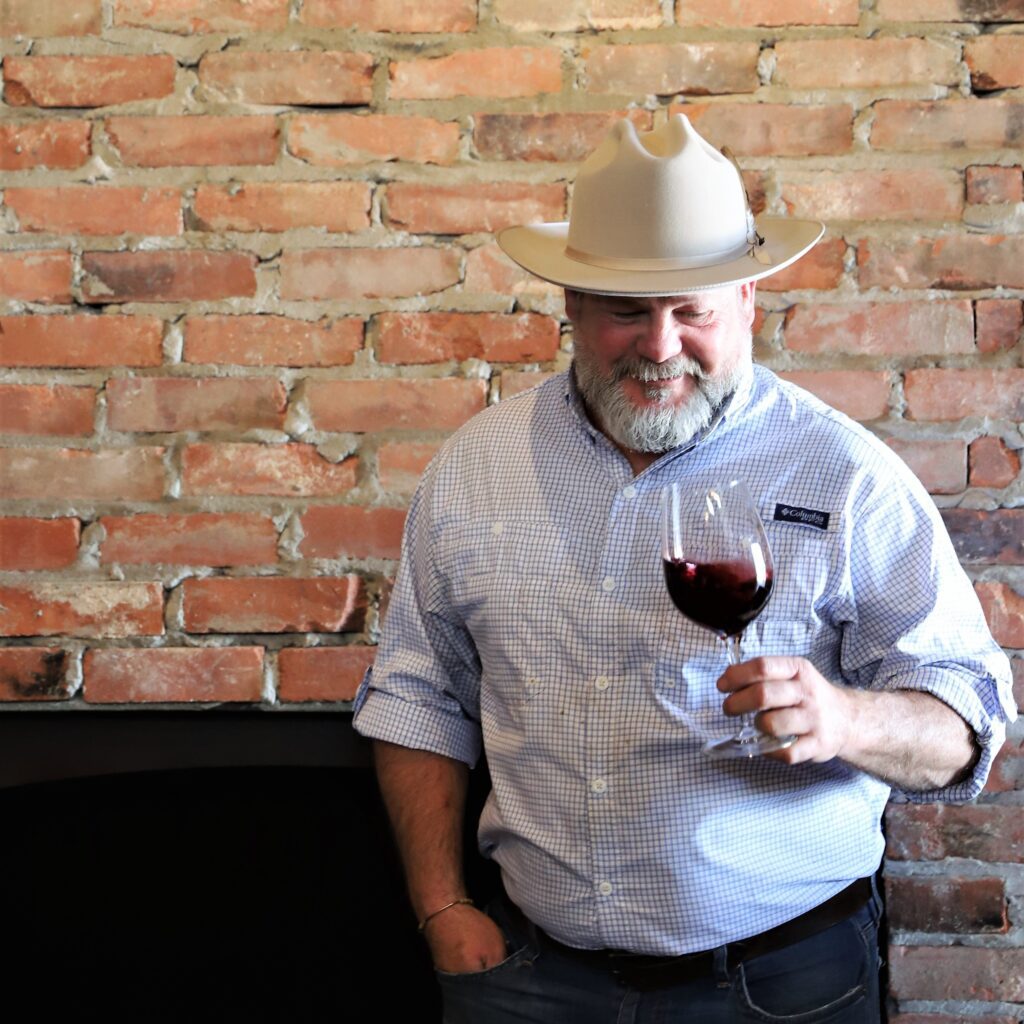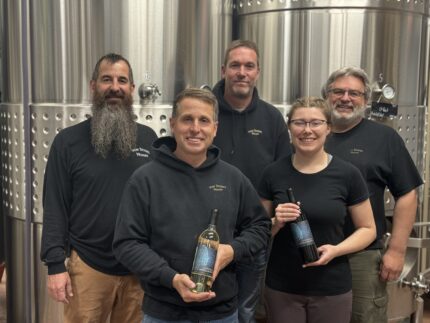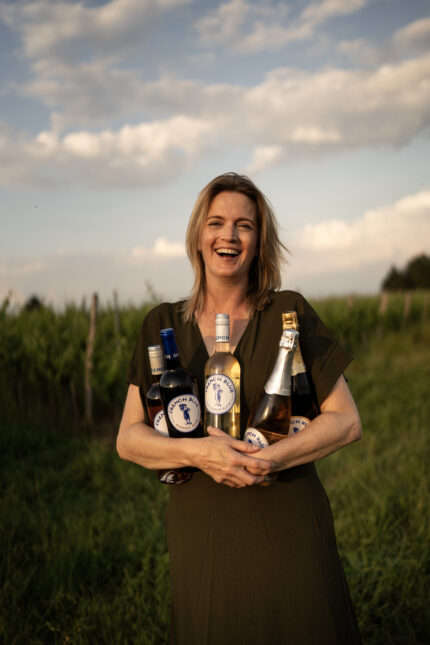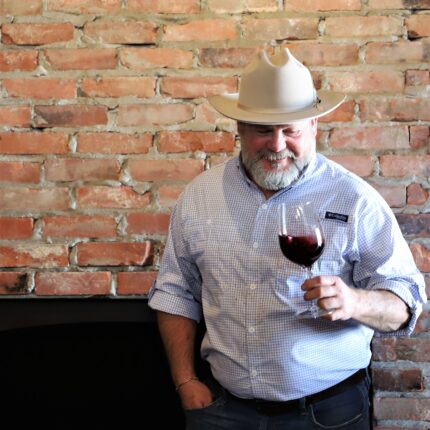
Winemaker John Rivenburgh is unabashed in his enthusiasm for the evolution of Texas wines and his passion for elevating the Tannat varietal on the world stage. Billed as the “Father of Texas Tannat” for his evangelism in selling, promoting, and helping people to grow and vinify Tannat Grapes, John is on a mission to prove this is more than a blending grape and could become one of the signature grapes distinguishing Texas wines.
When asked about the title, he jokingly told me that “he got the title because I was the loudest evangelist for the varietal.” Tannat is a red wine, historically grown in South West France in the Madiran AOC and is considered the national grape of Uruguay. It’s also grown in Argentina, Australia, Brazil, Peru, South Africa, Italy and in the United States in Texas, California, Arizona and Oregon.
We met a few days after April 14, Tannat Day, to talk about the evolution of Texas Tannat, why it’s more than a blending grape and his continued work to champion the grape. John was one of the initial co-founders of Bending Branch and is now the owner of Kerrville Hills Winery. He has worked with the varietal for about 20 years and has worked with multiple grape growers across Texas vineyards.
He talked about how Tannat can create unique wines with nuances distinguishable from the High Plains unique terroir and about versatility. How this wine can be made from “putting the foot on the gas” to make big, tannic wine to more of a delicate style (his favorite).
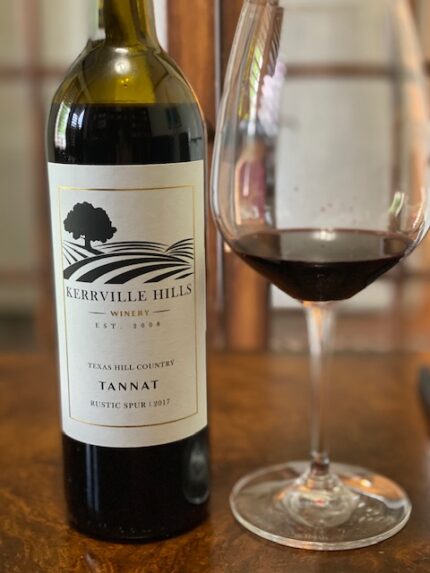
As we sipped the 2017 Kerrville Hills Tannat, he talked about how he’s been able to push the boundaries to get better expressions from his wines. I loved this expression and tasted notes of chocolate, cherry cola, cassis and herbs. There was an integration of all the wine components coming together with an elegant end result.
We reminisced that we met right around the time I started blogging at a Texas wine event in Fort Worth. The event was designed to show the unique varietals of Texas and the great wines being made. And, once again John is back at the helm leading the Texas Hill Country Wineries as president.
It was fun to talk about what’s happened the last ten years in Texas wine. John said, “We are at a point where we don’t have to apologize for the good work we do and the great wines we make in Texas. We’ve worked hard and those efforts are paying off.” There’s been an evolution in Texas wine since he started 13 years ago and there were 19 wineries – today there are 62 in Texas Hill Country.
But he wants the evolution to continue so he started an incubator. Inspired by a program he found in Walla Walla, WA, Kerrville Hills Winery provides its winemakers a different experiences to hone, craft and learn not only best practices in winemaking and grape growing, but to learn the business of wine.
John reflected on learning the wine business many years ago. “Back then, no supplies were available to Texas winemakers. It was like working on the surface of moon to get help with materials and knowledge. Today there is so much collaboration in the wine industry, suppliers realized that Texas winemaking exists and John takes what he’s learned over the years to help other wineries. Kerrville Hills Winery Incubator Members include Ab Astris Winery, Antima Cellars, Fly Gap Winery, Kalasi Cellars and Siboney Cellars.
He likened his winemaking style to a chef making a signature dish. Since he doesn’t have an enology or chemistry background, he’s translating his knowledge and instinct into a glass and Texas Tannat and Texas wines will continue to benefit.
